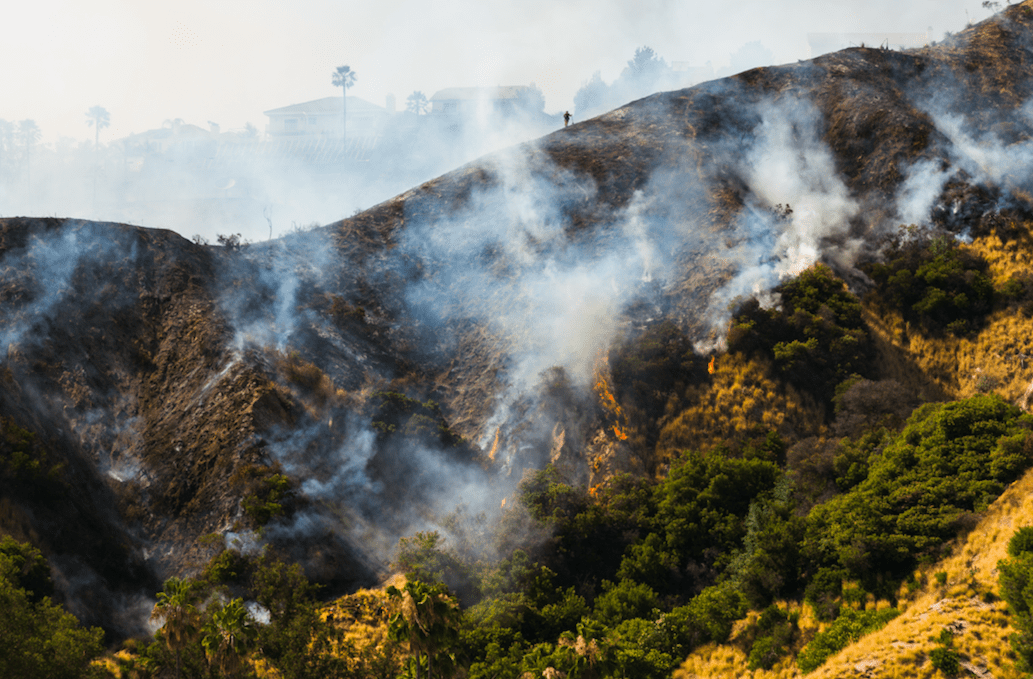Wildfire Smoke… is your health at risk?
When a wildfire burns, there is a chance that the smoke could reach your community. Wildfire smoke contains gases and fine particles from the burning trees and other materials that are burning. The smoke could irritate your eyes, respiratory system and even worsen any chronic or heart diseases.
Who is at the greatest risk?
- Individuals with lung or heart disease, or any respiratory issues.
- Older adults are likely to be affected to smoke due to their increased risk of lung and heart disease.
- Children are at risk since their airways are still developing and intake more air than adults.
Take these steps to decrease your risk of wildfire smoke.
- Check the local air quality reports. Listen to the news for any health warnings and pay attention to any public health messages about what safety measures you need to take.
- Consult local visibility guides. Some areas have tools that measure the amount of particles in the air, while other communities can help determine by how far they are able to see.
- Keep indoor air clean. If you are staying indoors, keep all doors and windows closed. Run your air conditioner, but make sure the fresh-air intake is closed to prevent outside air from getting in. If your home has no air conditioning and is too hot to stay inside, go to your local evacuation center or leave the affected area.
- Avoid indoor activities that increase pollution. Burning candles, fireplaces, gas stoves, even vacuuming creates or stirs up pollution. Smoking also creates even more pollution in the air.
- Prevent wildfires from starting. Make sure you are safely preparing, maintaining and extinguishing campfires. Check with the local fire department to make sure the weather is safe for a campfire.
- Follow the advice of healthcare provider on medicines or how to properly manage your respiratory distress. Contact your doctor if symptoms worsen, and consider evacuating the area if you are having trouble breathing.
- Do not rely on dust masks for protection. These masks will not protect your lungs from the pollution found in wildfire smoke. They are designed to trap large particles, such as sawdust.
- Evacuate from the path of wildfires. Follow the instructions from the local officials on when and where to evacuate. Be prepared for heavy traffic and to follow the designated evacuation route, as some roads may be blocked or closed.
- Protect yourself cleaning up after a fire. Be cautious while cleaning up, as you are exposed to ash and other particles from the fire that can irritate your eyes, nose, or skin and can cause coughing and other health issues.
As always, stay safe and protect yourself from the wildfires.
